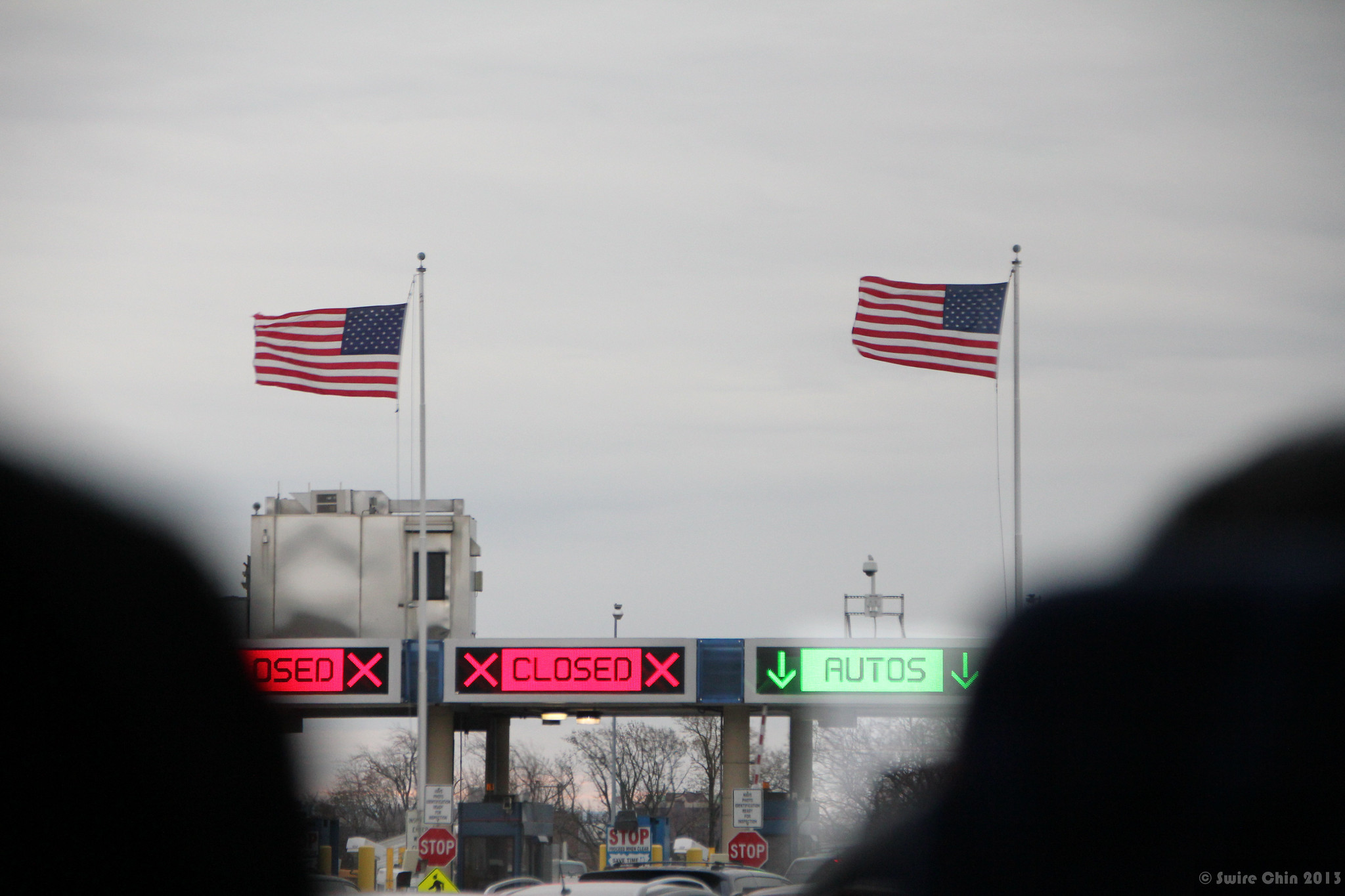Canada must urgently withdraw from the Safe Third Country Agreement (STCA) given the dire situation facing refugees in the United States, the Canadian Council for Refugees and Amnesty International Canada said today.
The Safe Third Country Agreement between Canada and the United States bars most people crossing into Canada via the United States from seeking refugee protection in Canada. Under the agreement – which is premised on the notion that both countries reliably respect people’s right to seek asylum – people entering Canada via the U.S. to make a refugee claim here are usually turned back at the border.
‘Canada’s assertion that the United States remains a safe country for refugees under the Trump administration is a cruel irony to those fleeing persecution today.’
Ketty Nivyabandi, Secretary General, Amnesty International Canada
“President Trump’s extreme anti-immigrant and anti-asylum orders are designed to instill fear and make the U.S dangerously more unsafe for those seeking protection,” said Ketty Nivyabandi, Secretary General of Amnesty International Canada’s English-speaking section. “Canada’s assertion that the United States remains a safe country for refugees under the Trump administration is a cruel irony to those fleeing persecution today. It must be urgently rescinded, and tariffs threats must not blur the plight of those at immediate risk.”
President Trump’s executive actions on migration have only amplified existing concerns about the constitutionality of Canada’s participation in the Safe Third Country Agreement. In 2017, the Canadian Council for Refugees, Amnesty International Canada and the Canadian Council of Churches launched a court challenge against the STCA, arguing that returning would-be refugee claimants to the U.S. violates sections 7 and 15 of the Canadian Charter of Rights and Freedoms.
‘Safety valves’ to protect vulnerable people not in place
In a partial ruling in 2023, the Supreme Court of Canada decided that the STCA’s constitutionality depended on border agents using hypothetical “safety valves” to protect migrants whose safety would be at risk if they returned to the U.S. The court was silent on the issue of whether the Safe Third Country Agreement is discriminatory on the basis of gender. It sent the question back to the Federal Court, though a hearing date has not been set.
“The so-called safety valves the Supreme Court is referring to are illusory and cannot offer real protection to people who today are more at risk than ever if sent back to the U.S.,” said Diana Gallego, President of the Canadian Council for Refugees. “For example, a trans refugee approaching the border today can expect to be sent directly back to the U.S. without being offered any recourse, even though the U.S. government has been ordered to deny the person’s very identity.”
Under article 6 of the STCA, Canada already has the authority to admit any refugee claimants “where it determines that it is in its public interest to do so.” The Canadian Council for Refugees and Amnesty International Canada believe that it is in the public interest to admit all claimants whose rights and dignity are not protected in the U.S., and this can certainly include trans individuals. The organizations maintain, however, that the only effective way to ensure refugees are protected is to withdraw from the Safe Third Country Agreement.






















